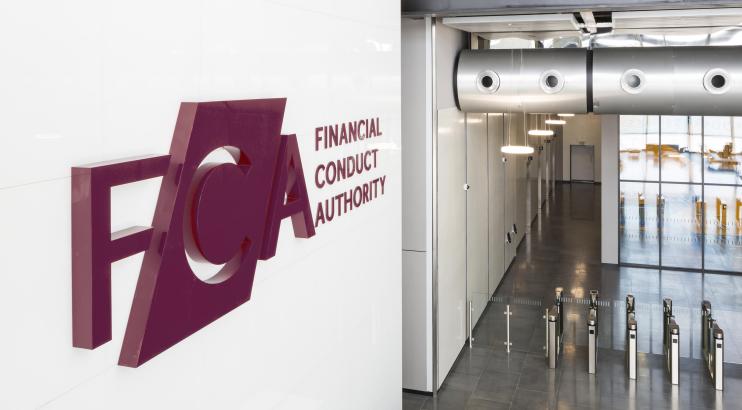Incentivising whistleblowing is a no brainer

Labour yesterday pledged to give financial rewards to whistleblowers who expose stolen assets, sanctions breaches and recover misappropriated funds.
“Under the Tories, Britain became the money-laundering capital of the world. With Labour, Britain will be the anti-corruption capital of the world,” David Lammy said announcing the policy pledge.
While the policy remains somewhat undeveloped at this stage, the principle of rewards for whistleblowers is a welcome one.
Anti-corruption campaigners and some white-collar crime lawyers have repeatedly raised the idea as one that could help the UK’s enforcement agencies more effectively tackle the fraud, bribery, corruption and money laundering in the City.
The last review done into whistleblower incentives, by the Financial Conduct Authority nearly nine years ago, ruled them out.
But it is a policy widely used in the US, and it has had a huge impact. Whistleblowers can receive rewards of between 10-30 per cent of fines imposed by US enforcement bodies if they hand over solid evidence that helps lead to a successful action.
From 1986 to 2022, 69 per cent of the $72.6bn the US Department of Justice recovered through civil fraud cases involving government funds resulted from whistleblower tip offs, according to a report from anti-corruption campaign group, Spotlight on Corruption.
The US Securities and Exchange Commision has imposed penalties of $6.3bn as a result of whistleblower information over the past 10 years.
US tax authority, the Internal Revenue Service, meanwhile, has collected $6.39bn of “non-compliant” tax since 2007 on the basis of whistleblower information.
You get the picture.
Legal protections for whistleblowers – when UK authorities do decide to properly protect them – are not enough on their own. Whistleblowers often lose their jobs in pursuit of revealing misconduct. So the rewards offer crucial cover should this happen.
If implemented, the policy will also lead to better intelligence for law enforcement agencies, and act as a further deterrent against corporate crime.
It seems like a no brainer.
